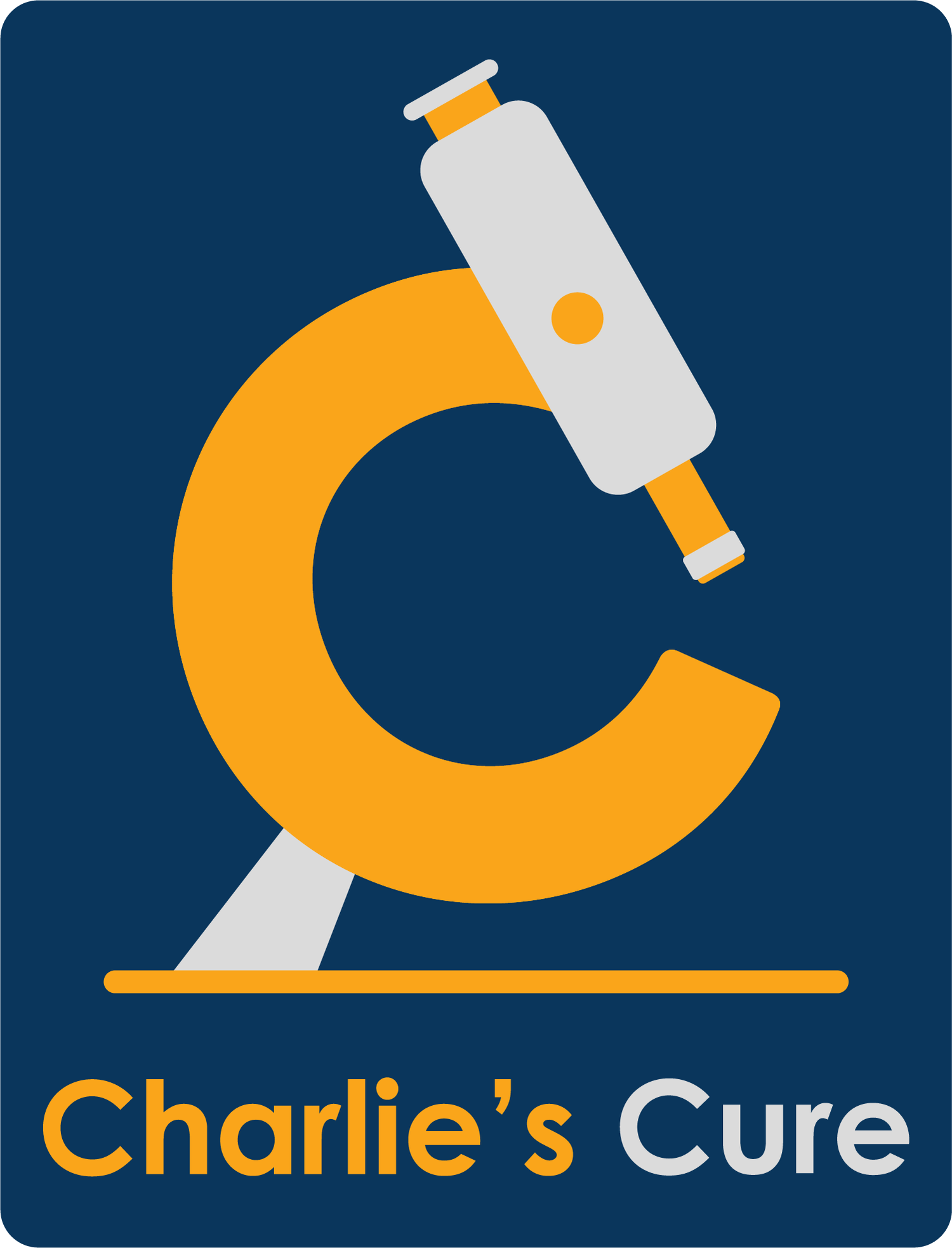Darien Times: Parents Push for Screening of Rare Condition
By Sandra Diamond Fox
As published in The Darien Times, April 11, 2024
When Jennifer Handt’s son Charlie was about a year old, she and her husband Rick Handt noticed he wasn’t reaching all his physical milestones.
But it took two years before he was diagnosed with Duchenne muscular dystrophy. DMD is a genetic condition that affects mostly young boys. It’s marked by the progressive loss of muscle as the body fails to make dystrophin, a muscle-building protein. It also deteriorates the skeletal, cardiac and pulmonary muscles.
State legislators are now supporting a bill, which, if passed into law, would require children to get screened for Duchenne at birth. A diagnosis at birth would save parents a lot of time and effort in finding a diagnosis and also, help to get their children started on available therapies sooner, said Handt, a Darien resident whose son Charlie is now 6.
“The problem with this disease is it’s so nonspecific at first. You notice things but they’re not picked up right away. And so the diagnosis tends to be later — at age 4 or 5,” she said. “The earlier you understand… this disease, the better equipped you are to make decisions and get them in the best care treatment, and that can make such an enormous impact on their outcomes.”
The bill, called H.B. No. 5321, “an Act Requiring Newborn Screening for Duchenne Muscular Dystrophy,” would require all newborns to be tested for this disorder as part of the newborn screening process approved by the Department of Public Health. The cost for genetic screening would be $8 per infant, according to Parent Project Muscular Dystrophy, a nonprofit organization.
Handt, along with other parents in the state who have children with Duchenne, are strongly advocating for the bill, which, if approved, would go into effect July 1, 2027.
Ridgefield resident Chris Curran, whose 13-year-old son Conner has Duchenne, said if Conner had been diagnosed with the condition at birth, he could have started on treatments much earlier than he did.
“Early intervention is key,” Curran said. “You want to know because you want to start therapy, and we could have started Conner on a steroid regimen, or other drugs.”
Until relatively recently, children with DMD often did not live much beyond their teen years, but patients have now survived into their 30s thanks to advances in care, according to the Muscular Dystrophy Association.
State Rep. Aimee Berger-Girvalo, D-Ridgefield, who is a sponsor of the bill, said early diagnosis of Duchenne is “critical for timely initiation of treatment, which aims to improve the quality of life and increase lifespan of patients.”
She said early diagnosis can also provide opportunities for genetic counseling for families who are affected with the condition.
She added many times, couples will have a second child without knowing the Duchenne gene is in their family. “Newborn screening would offer families an opportunity to provide early treatment and future counseling for family planning,” she said.
Getting the bill passed, gene therapy
Newborn screening for Duchenne has become law in three states in the United States — Ohio, Minnesota and New York. The bill was introduced to the Connecticut General Assembly at the start of the state legislative session on Feb. 28. It received unanimous bipartisan support out of committee and has eight co-sponsors.
The next step is for the House of Representatives and then the Senate, to vote on the bill. If that happens, the bill would go to the governor, who would need to sign it into law by the end of the session, on May 8. If it’s not approved, it could be re-submitted for approval in the next session, next year.
Handt said the earlier children are diagnosed with Duchenne, the more they can get benefit from treatments for the condition, such as gene therapy. In June 2022, Charlie began receiving gene therapy as part of a two-year clinical trial, and has experienced much success from it so far, she said.
But the therapy he’s receiving is only approved by the Food and Drug Administration for 4 and 5 year olds.
“By the time you get diagnosed, then you can try to scramble to get this gene therapy before your child turns 6… And the idea that a family in this day and age has to wait until four or five years, on average, of diagnosis, makes no sense,” she said.
Handt said if kids can get a universal diagnosis at the same age, they can all be “starting off on a level playing field… I just feel like it’s a win-win for both the family level and for the community.”
Like Charlie, Conner Curran also received gene therapy, which Chris Curran credits for his son being able to walk today.
“For Duchenne, it’s very rare. So, we’re grateful for that,” but Curran said Conner needs a “reboot,” since it’s been about six years since Conner received the therapy.
“The therapy isn’t not a cure and it’s not going to last forever,” he said. “But if we could figure out re-dosing then we can have a solid treatment and we can just give a booster every six, seven, eight years.”

